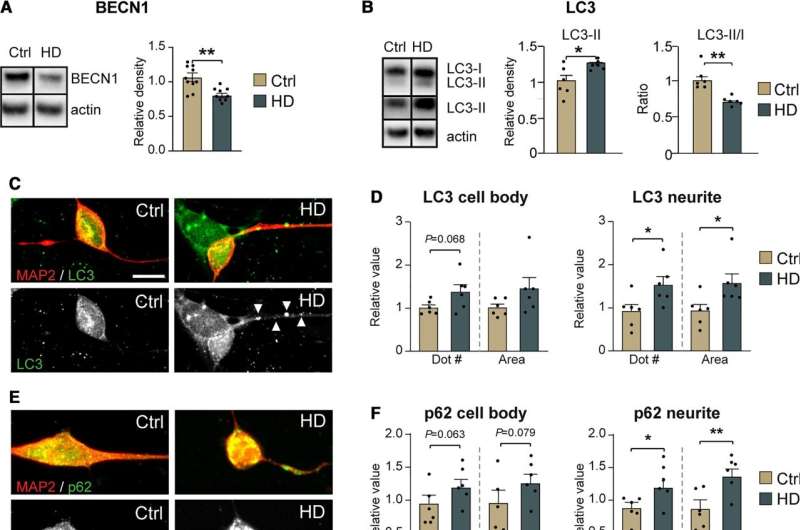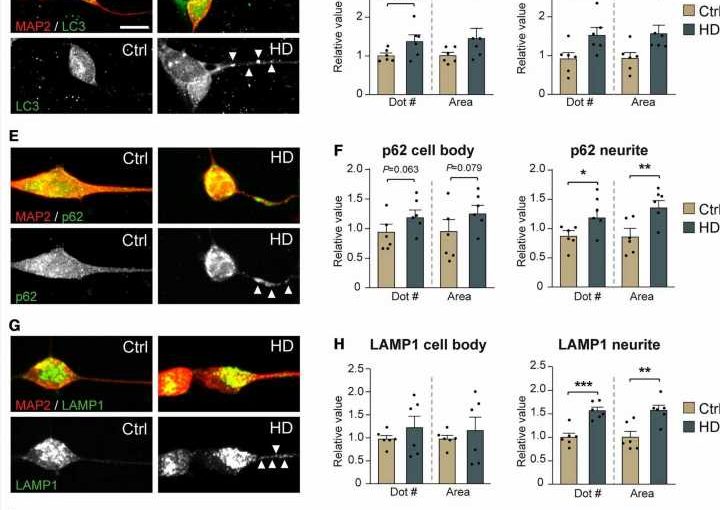
Researchers at Lund University in Sweden have developed a new method for studying age-related brain disorders. The researchers have focused on the neurodegenerative disorder Huntington’s disease and the results have now been published in the journal Brain.
Basic medical research often faces the challenge of developing disease models that correspond to specific disease mechanisms or the disease to be studied. This is a challenge that needs to be solved in order to produce new effective treatments. One example of a disease that is difficult to model for an understanding of the underlying mechanisms is Huntington’s disease. In part, this is due to the difficulty in recreating adequate animal or cellular models.
By reprogramming skin cells into neurons, Johan Jakobsson and his research group have been able to study Huntington’s disease in an innovative way that he believes could be significant for successful studies of several age-related brain disorders.
“We took skin biopsies from patients living with Huntington’s disease and reprogrammed the skin biopsies into neurons. We then compared these neurons with reprogrammed neurons from healthy people. The results are very interesting. We have found several defects that explain some of the disease mechanisms in neurons from patients with Huntington’s disease. Among other things, we observed that neurons from patients with Huntington’s disease show problems in breaking down and recycling a particular kind of protein—which can lead to a lack of energy in these cells,” says Johan Jakobsson, professor of neuroscience at Lund University.
The researchers have also measured the biological age of the cells and observed that the reprogrammed neurons retain their biological age, which is significant if they are to be used for research in the new model system.
“One very important component in our new model system is the age of the neurons. It is possible to measure a cell’s ‘biological age,’ which we have done, and these cells retain their true biological age. In other words, the reprogrammed neurons are old, making the model system relevant in the study of other age-related neurodegenerative disorders such as Parkinson’s and Alzheimer’s,” says Johan Jakobsson.
Huntington’s disease is fatal, and scientists are yet to find any treatment or cure.
Source: Read Full Article
